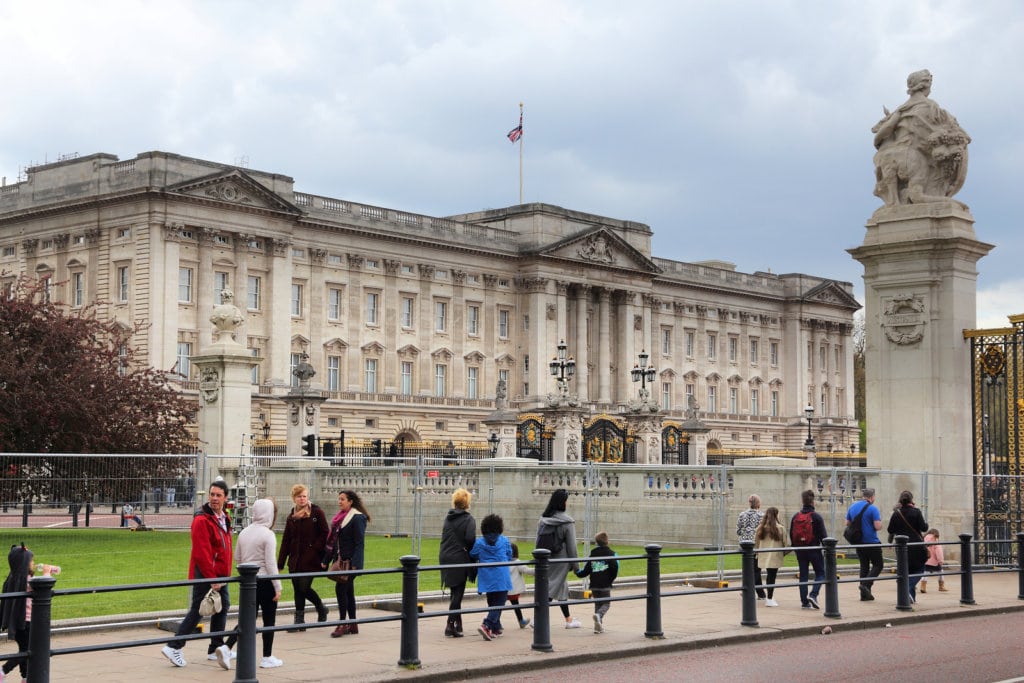India remained the largest non-European Union (EU) migrant category in the United Kingdom, even as the number of Indian nationals living in the country fell last year. India slipped two places to the fourth spot in 2017, with 346,000 Indians in overall migrant category, as compared to the corresponding figure of 362,000 people in 2016, according to data released by UK’s Office of National Statistics on May 24.
The top three ranks in the list of non-UK nationalities based in the country were taken by Poland (1 million), Romania (411,000) and and the Republic of Ireland (350,000). Italy followed India with 297,000 people, making up the top five countries on the list of migrants.
“Poland-born residents and Polish nationals were the most common populations from outside the UK, with an estimated 1 million Polish nationals now living in the UK. However, the largest increases in population were seen from those born in Romania and those with Romanian nationality,” Nicola White of Migration Statistics Division at ONS, was quoted as saying by the PTI.
When it comes to non-EU nationals based in the United Kingdom, Pakistan takes up the second spot after India, with 188, 000 migrants. The country takes the 8th spot in the overall ranking.
The number of tourist and visitor visas, however, show another story, with Indians registering the biggest hike in the number of visit visas which were granted last year, up about 12 percent from 2016 to touch 45,898. It was followed by Russia (23,609), Pakistan (15,093) and China (13,486).
India is also among the top three countries in terms of number of student visas granted, recording a rise of 30 percent to hit 15,171 in 2017. Chinese students were granted the highest number of student visas (88,657), registering a hike of 15 percent.
The number of work-related visas granted in the United Kingdom fell by 1 percent to 162,874 in 2017-18, the data showed. This fall of 1 percent was seen in skilled (Tier 2) work visas, which came down to 93,048. However, the number of high-value Tier 1 visas granted saw an increase of 11 percent to 5,198.
The non-UK born population — individuals born abroad or those who do not have British citizenship — saw a rise of by 3 percent, from 9.2 million in 2016 to 9.4 million in 2017, while the non-British population increased by 4 percent from 6 million to 6.2 million, as per the ONS. The non-UK population has been rising every year since the statistics started rolling out in 2004, even as the Conservative Party-led UK government has committed to reducing net migration to below 100,000 in its manifestos.
With Brexit looming ahead, and uncertainty over rules for European Union nationals in the United Kingdom, the number of applications by European Union nationals for UK citizenship doubled to over 40,000 in the transition year leading to March 2018.
